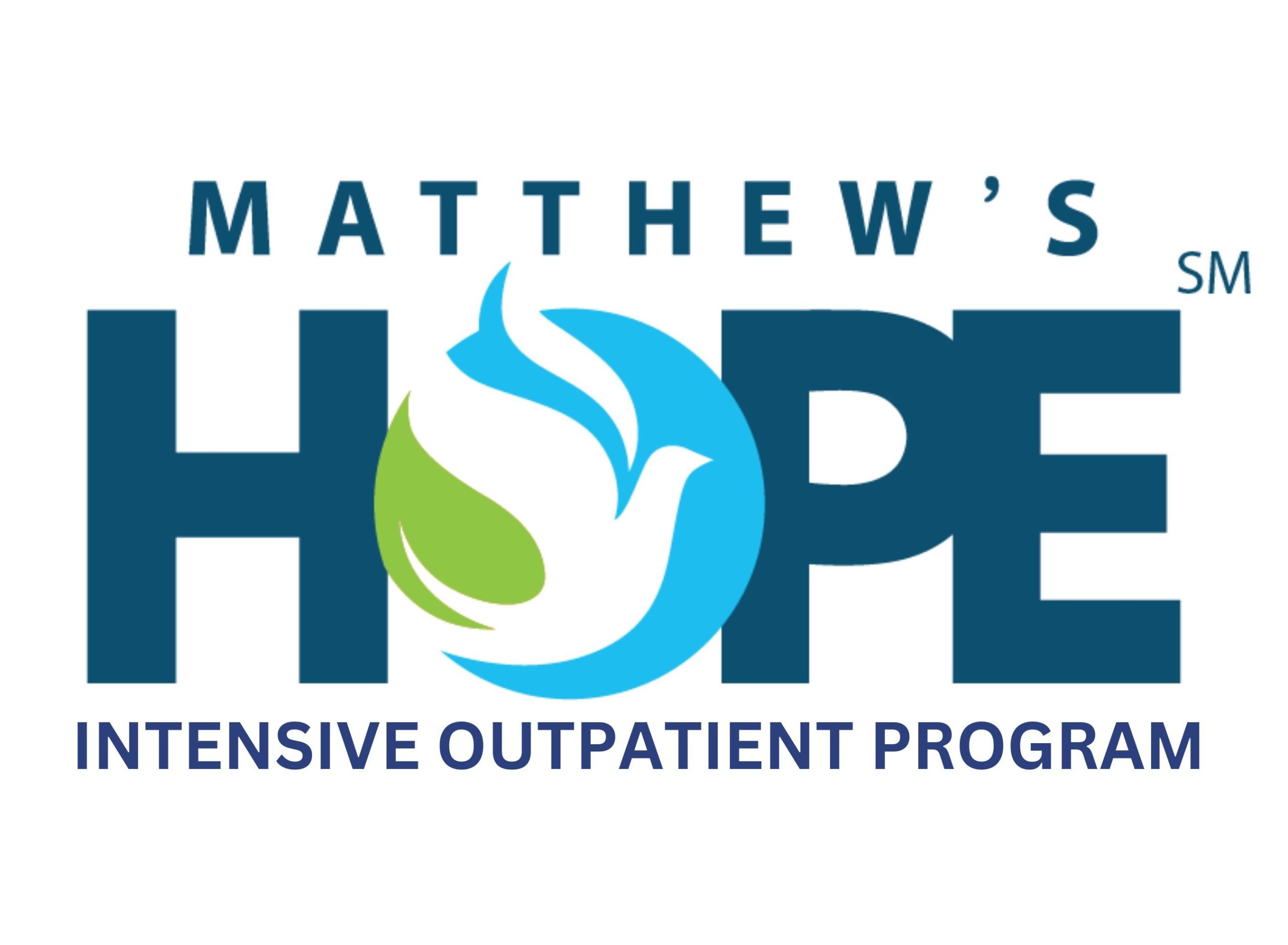Most people don’t decide to develop a substance use disorder. Over time, they may progress through the stages of substance use and become unable to control their drug or alcohol consumption.
When this happens, it is important to get professional help. If you or a loved one is suffering from an addiction, the right treatment program can help you get sober.
Substance Use Doesn’t Happen Overnight
When someone enters the stages of substance use, they might never develop an addiction. However, substance use is progressive, so it’s also possible to eventually develop an addiction through continuous use. To avoid addiction in the future, stopping the progression of substance use is critical.
As someone progresses from using recreationally to regularly, their body develops a tolerance that makes it physically harder to go without drugs or alcohol. Likewise, they may quickly associate bars or similar venues with using.
During the regular use and high-risk use stages, people can develop habits and relationships connected to their substance use. As someone’s life revolves more and more around the substance, many parts of their day can trigger cravings. Before long, they can end up suffering from an addiction.
The Stages of Substance Use
There are four essential stages of substance use. These stages are progressive, and some people won’t progress to full addiction.
1. Experimentation
During this stage, the individual is using drugs voluntarily. They may be using drugs or alcohol to have fun, and they won’t have any negative consequences. Unfortunately, most people don’t realize experimentation is the first step in developing an addiction.
2. Regular Use
The next stage involves regular use. While the individual might not have a dependence, they are using alcohol or drugs more frequently and engaging in risky behaviors. They might engage in unexplained acts of violence, driving while drunk, or similar behaviors.
During this stage, using drugs or alcohol feels like a normal activity, like brushing your teeth. The individual may feel anxiety or depression because of their substance use. While it is still possible to completely quit on their own at this stage, it is also possible for their substance use to progress to high-risk use.
3. High-Risk Use
It is easy to cross into high-risk use without realizing it. In this stage, the individual is experiencing major legal and social consequences, but they continue to use drugs or alcohol. They may feel preoccupied about using, experience cravings, or develop mood changes when they don’t use.
4. Addiction
In the fourth stage, the individual has a physical dependence on the substance and experiences withdrawal symptoms if they suddenly stop using. Even though the addiction may impact their physical health, job security, mental health, interpersonal relationships, and financial situation, the individual will keep using. Without professional help and support, the individual may be completely unable to stop using the substance on their own.
Stop the Stages of Substance Use
To get help during the stages of substance use, you must realize you have a problem. Once you know that you have an addiction, you can figure out the best way to become sober.
If you or a loved one is dealing with an addiction, our treatment center can help. Reach out to our team today to learn more about our detox and recovery programs and how we can support your sobriety.



